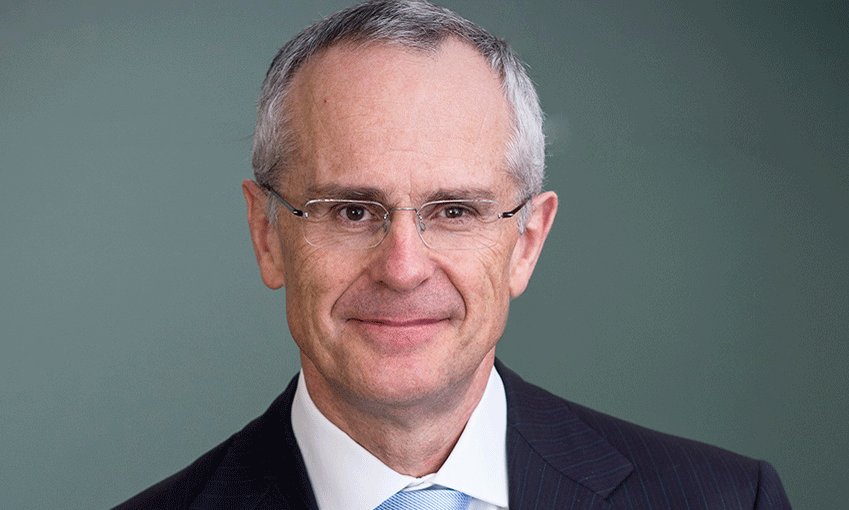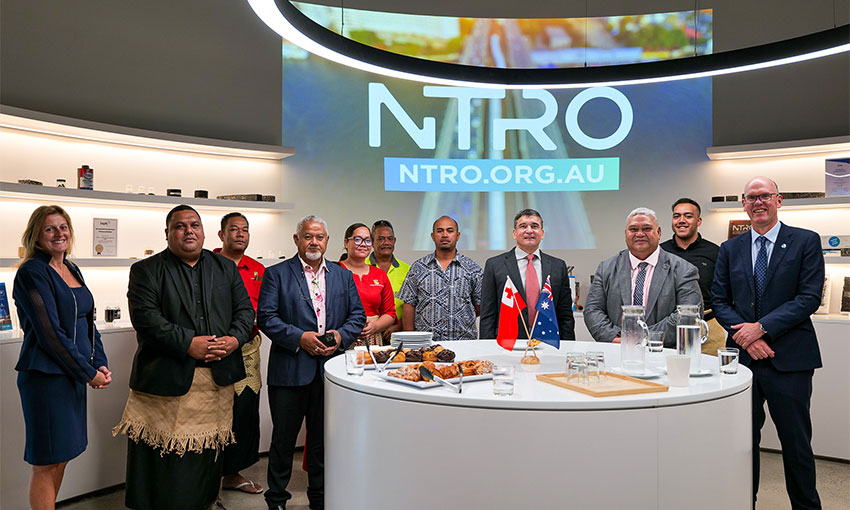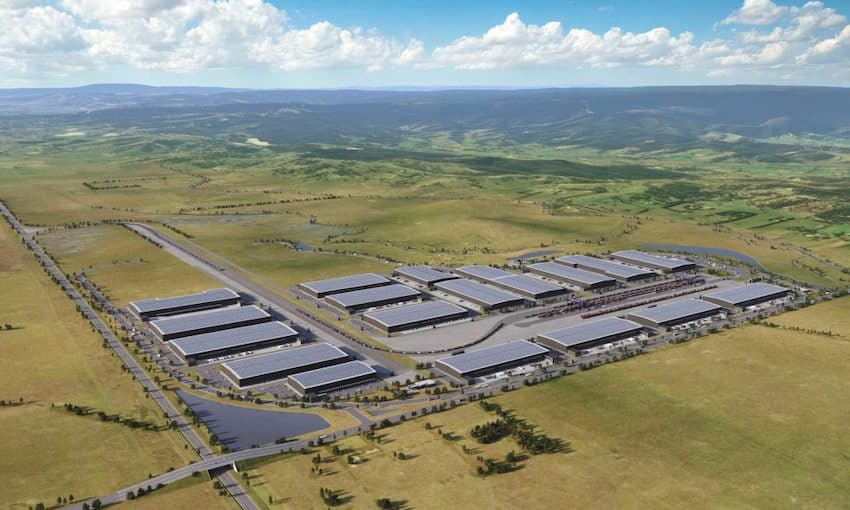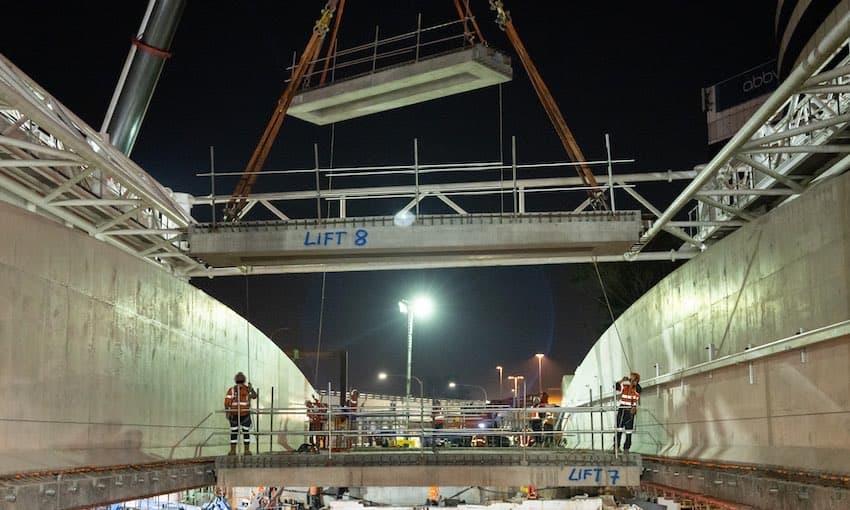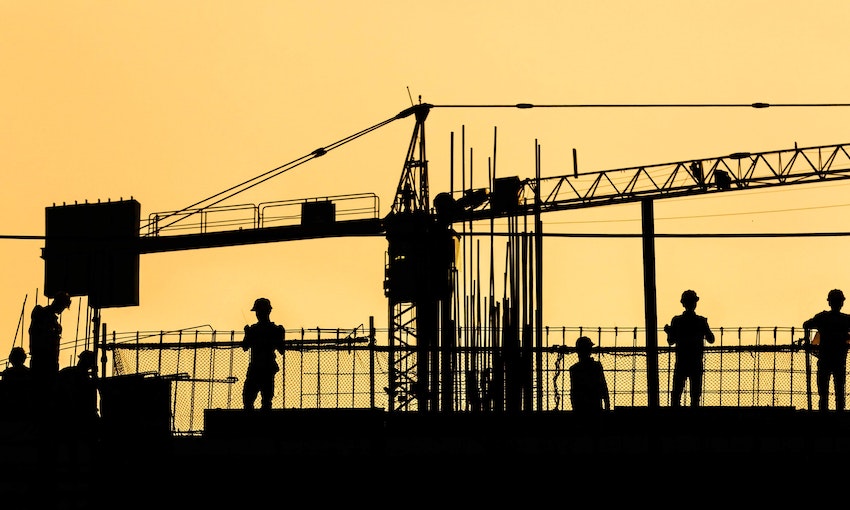ROD Sims, the former ACCC chair and now a professor at the Crawford School of Public Policy at ANU, said importers and exporters lose out when governments treat infrastructure as cash machines during a speech to the National Farmers Federation Leaders’ Summit on Tuesday (22 November) at Parliament House in Canberra.
Mr Sims said Australia must treat its infrastructure as an important economic asset; he said privatisation in Australia went well in the late 1980s.
“Qantas, the Commonwealth Bank and other assets were sold because politicians realised that these assts would perform better in private hands, and I think history shows this was correct,” he said.
“Over the last 20 years, however, privatisation has largely gone wrong as governments have sought to maximise the sale price by limiting competition to the asset being sold, or selling a monopoly without any regulation, knowing that the new owner would raise prices to recoup the large price paid for the privatised asset. Indeed, often those who will raise prices the most post sale won the bid for the asset.”
Port privatisations
Mr Sims said examples of this abound and he pointed to port privatisations.
“The Victorian government sought to sell the Port of Melbourne and at the same time increase land rents at the port by nearly 800% to boost the sale price. They also put a 50 year non-compete clause over the future container port at Hastings. Both provisions were watered down in response to the public outcry in part led by the ACCC,” he said.
“The NSW government sold potential competitor ports Botany and Kembla to the one owner, and inserted provisions in various sale agreements that prevented any future container port competition from the Port of Newcastle. This has recently been unwound a bit.”
Mr Sims said our ports are essential gateways and most other countries want them as efficient as possible to benefit their economies. He said port-on-port competition is an important way to do this.
“Australia has gone down the path of unregulated privately owned monopolies instead. In Australia we seem to bias to treating our infrastructure as cash machines and importers and exporters are the losers,” he said.
“Then we have the constant push by grain port owners to avoid any regulation even though these ports are often privately owned monopolies where the owners favour their own marketing arms when allocating access to the port. This limits the ability of farmers to get the best price for their produce because one grain buyer has a privileged position.
“Only the farmer and ACCC voices have helped make any gains here. I am amazed how strong the voices of the port owners are in Canberra.”
Keeping competition in new intermodal terminals
Mr Sims then turned to Inland Rail. He said the project would dramatically lower freight costs by rail but warned of possible problems in the offing.
“Currently, due to a lost ACCC merger case, Pacific National dominates container rail freight on the east coast, particularly because it is the only player with good access to intermodal facilities in Melbourne, Sydney and Brisbane,” he said.
“Potential competitors without such access cannot compete effectively.”
He pointed to the intermodal facility at Moorebank.
“While it has a degree of industry player vertical integration due to the involvement of Qube, and while Pacific National would be free to be a customer, it currently has no direct influence or ownership control over the facility,” Mr Sims said.
“It must stay that way.”
And then he spoke about potential new intermodal terminals to support Inland Rail in Melbourne and Brisbane.
“If they are built, they must also be completely free of Pacific National ownership or influence. Pacific National will no doubt offer to build or fund all or some of the cost, but such an offer must be rejected,” he said.
“If Pacific National remains dominant, and can keep excluding competitors, then it will likely keep most of the gains from Inland Rail for itself. If it faces little or no effective competition, why should it price any lower than required to keep sufficient traffic on rail rather than road.
“This is basic common sense.”
Mr Sims said only if Pacific national faces effective freight rail competition will those who use containers to move rail freight see the benefit from Inland Rail.
“Rail freight competitors will then compete to attract customers who will then see real benefits from the construction of Inland Rail. And there will only be rail freight competition if potential entrants can be sure of equal access to terminal facilities,” he said.
“Governments must decide whether infrastructure is there for the benefit of users and the economy, or there to benefit those with market power.”

